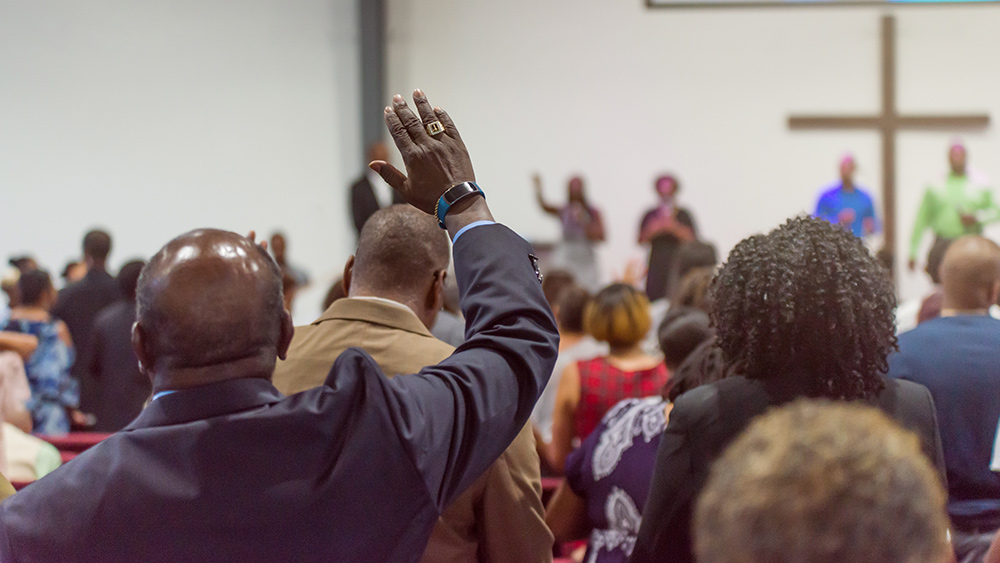 Parler
Parler Gab
Gab
“Whoever corruptly … obstructs, influences, or impedes any official proceeding, or attempts to do so, shall be fined under this title or imprisoned not more than 20 years, or both.”Most of the other charges against the Jan. 6 defendants involve misdemeanors sounding in trespass, vandalism and disorderly conduct for which the maximum sentence is one year imprisonment, thus making the obstruction charge the most serious by far. Yet the Biden Department of Justice, in its facts-and-law-be-damned fervor to nail those on the political right to the wall, once again seemed to have overplayed its hand. The obstruction charge on which the government is relying so heavily may, in fact, be unconstitutional as applied to the Jan. 6 defendants.
Donovan Crowl
To understand why this is so, one need only look to the case of Donovan Crowl. Crowl, who according to papers filed by his attorney is a 50 year-old Marine veteran from Ohio with no prior criminal convictions, attended the Jan. 6 Stop the Steal Rally at The Ellipse in Washington D.C.. Thereafter, Crowl and others made their way to the Capitol. According to the indictment against him, this group aligned in a “stack” formation and marched single file, each “keeping at least one hand on the shoulder of the other in front of them,” up the east side stairs of the Capitol. At approximately 2:40 p.m., says Crowl’s lawyer, Crowl and the others in his “stack” passed through the Capitol doors that were already open and entered the Rotunda. At 3:05 p.m. – just 20 minutes later – Crowl exited the building. The others in Crowl’s “stack” had either left the Capitol contemporaneously with him or earlier. Crowl did not destroy property, injure anyone or threaten to do so. He is not accused of possessing any weapons or of stealing documents or other items belonging to members of Congress.The Charges
Crowl and 16 others eventually were arrested and charged on a singular indictment. Counts One and Two of the indictment charged all of the defendants with “corruptly obstruct[ing]” the certification of the Electoral Vote in violation of 18 U.S.C. § 1512(c)(2), and conspiring with others to do so (Crowl also was charged with two misdemeanors – trespass and aiding and abetting the destruction of government property.) Notably, the Joint Session of Congress on Jan. 6 had been suspended at 2:29 p.m. that day – 11 minutes before Crowl and the others entered the Capitol – and it did not resume until 9:02 p.m. that evening. Nevertheless, the indictment alleges that the defendants’ entrance into the Capitol and presence there for no more than 20 minutes after Congress had recessed obstructed the Congressional proceeding in violation of §1512(c)(2). Crowl’s lawyer recently filed a motion to dismiss the obstruction charge. In it, she argued that it was factually impossible for Crowl to have obstructed a Congressional proceeding that was already over at the time Crowl engaged in the conduct charged in the indictment. Read more at: LegalInsurrection.comThey are screwing with the weather maps: SUN is BAD!
By News Editors // Share
“Morally and intellectually corrupt”: UCLA professor resigns in protest over viewpoint intolerance
By News Editors // Share
‘Openly queer teacher’ admits to socially transitioning 3rd grade students
By News Editors // Share
The end of meat? Dutch “green” policies force dairy farmer to cull 95% of his herd
By Ethan Huff // Share





